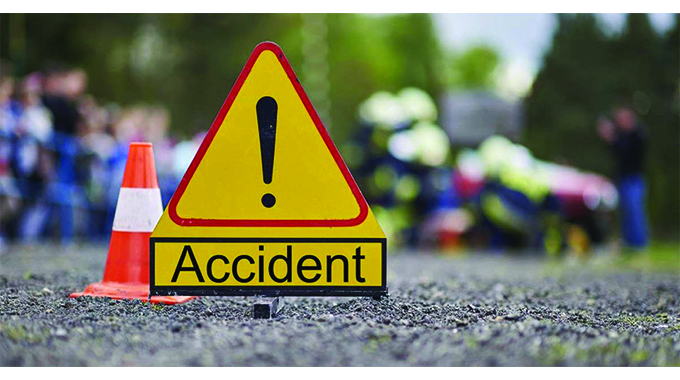WATCH: Occupational hazards claim US$15m, 200 workers

Leonard Ncube, [email protected]
ZIMBABWE is losing more than US$15 million and 200 workers annually to job-related accidents and diseases, which sometimes occur because employees are not involved in the implementation of occupational safety measures.
As the country drives towards attainment of an upper middle-income economy by 2030, more needs to be done to improve occupational health and safety with workers being involved in the design of workplace safety standards so as to effectively contribute to sound economic development.
This emerged on the first day of the National Social Security Authority (NSSA) 60th Annual National Conference on Safety and Health at Work (SHAW), which kicked off in Victoria Falls yesterday.
The conference seeks to assess and evaluate safety and health standards in organisations, provide exchange of experiences, practices, and expert knowledge on the creation of hazard-free work environments.
It also provides a platform for creating strategic partnerships for innovation and practical ideas for accident prevention in the workplace.
Running under the theme: “Safe and healthy work environment: A fundamental principle and right at work”, the conference promotes business growth through adoption of global good occupational safety and health practices, which enhance productivity. In his address NSSA general manager,
Dr Charles Shava, said Zimbabwe’s economy was too small to lose millions of dollars and hundreds of lives to workplace injuries.
“Attaining Vision 2030 for an upper middle-income society depends on a healthy and safe worker and if our workers are unsafe, ill and stressed, then achievement of any economic boom will be lost,” he said.
“This country loses around US$15 million every year to diseases at workplaces, so we take this seriously to make sure that we share knowledge that may help us to reduce that cost burden on the economy of Zimbabwe,” said Dr Shava.
“This is our annual SHAW conference where we invite all key players in the industry to discuss issues that concern safety.
“To us as the regulator, we bring all these people together so that when we go and visit workplaces investigating occupational health and safety, which is our key deliverable, people will be knowing what we expect.
He said besides the monetary loss, Zimbabwe loses over 200 workers every year due to accidents, especially in mining, manufacturing and other sectors.
“This is a needless loss of life and we want to make sure that these things are prevented. We have over 5 000 workplace injuries that happen to our workers across industries and these statistics are very high to a small economy like Zimbabwe, which is basically employing about 1,3 million people in the formal sector,” said Dr Shava.
“Compared with Britain, which has a formal workforce of 10 million, they have less than 150 deaths per year and you can see that our rate of injury is completely unacceptable.
“So, the purpose of this conference is to make sure that we can put our heads together and prevent that,” he added.
Dr Shava urged employers to involve workers in safety planning saying some companies sit as management and do risk assessment on paper and file before presenting to NSSA without input of workers who have a day-to-day interaction with shop floor operations.

National Security Authority (Nssa)
“We cannot run a successful safety health programme if we don’t include the workers because ultimately it is the worker who knows what must be done and it is the same worker that is assessed to make sure that the workplace is safe,” he said.
“So, in whatever you do in a workplace the worker is always number one and when you do assessment you must always involve workers in the design and assessment of control measures, which they should understand and sign,” said Dr Shava.
Senior occupational safety and health executive Mr Matthew Ncube said the cost of workplace injuries and deaths as well as environmental hazards has a huge bearing on the economy.
He estimated that 6 000 people die annually while 6 million are involved in accidents across the globe.
“If these can be prevented, that money can be saved and invested into the economy. OSH goes beyond the workplace,” said Mr Ncube.
“We need to understand and be clear about programmes we make. We need inclusivity of workers because they are the ones who have solutions and if you don’t consult them, you won’t get lasting solutions to the hazards because they are the ones with the knowledge of companies,” he added.
Delegates concurred that social dialogue was key to resolving the issue to ensure economic growth. Safety health manager at Murowa Diamond Mine Mr Freeman Mutara said the miner had improved working relations by involving workers in programming.
Public Service, Labour and Social Welfare Minister July Moyo will officially open the conference today before it ends tomorrow.
-@ncubeleon












Comments